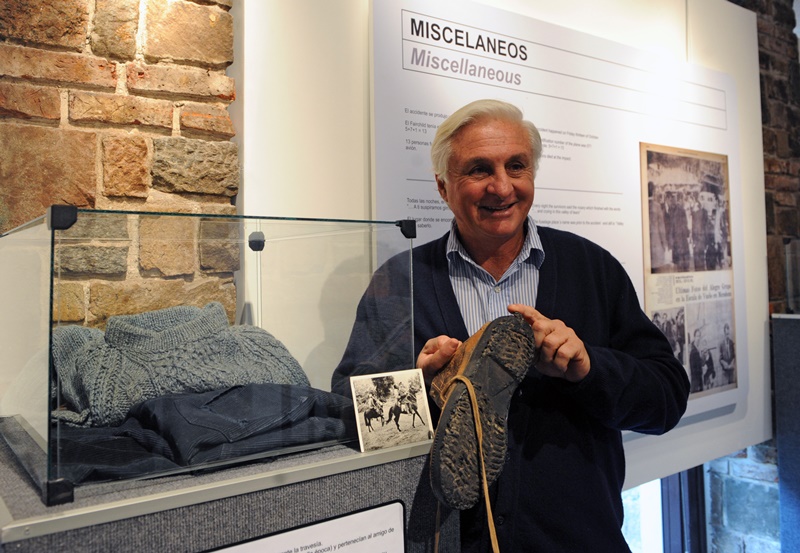When Uruguayan Flight 571 crashed into the Andes in 1972 the survivors were faced with a horrific decision: eat the bodies of the dead or die.

Roberto Canessa, who was a 19-year-old medical student at the time, recounts in his new book I Had to Survive: How a Plane Crash in the Andes Inspired My Calling to Save Lives, how the survivors resorted to cannibalism to stay alive.
Freezing and slowly starving, Canessa described how he and four others first cut into the body of their dead friend using razor blades and broken glass.
“I will never forget that first incision nine days after the crash, each man alone with his conscience on that infinite mountain-top, on a day colder and greyer than any before or since,” he writes in an excerpt of his book published in The Daily Mail.
“We laid the thin strips of frozen flesh aside on a piece of sheet metal. Each of us finally consumed our piece when we could bear to.”
“Each of us came to our own decision in our own time,” Canessa writes. “And once we had done so, it was irreversible.”
The unthinkable decision helped them survive until they were rescued 72 days after the crash. Of the 45 passengers on the plane, 27 survived the crash, and only 16 were rescued.
The harrowing story became the subject of the 1993 film “Alive,” based on a book by the same name.
Canessa, now a cardiologist, spoke with People about the experience ahead of the release of his book on March 1.
“When we came back, the families of the persons that died were incredibly supportive to us, which I really treasure,” he told the magazine. “In these kinds of situations it’s not how you survive but why you survive.”





Comments